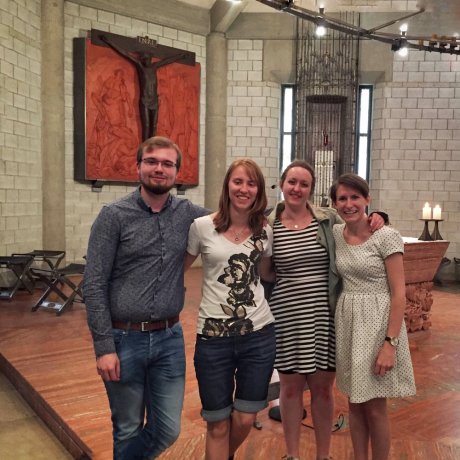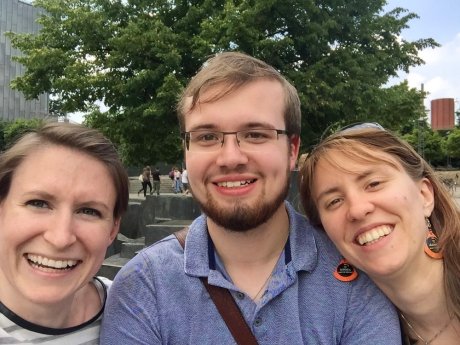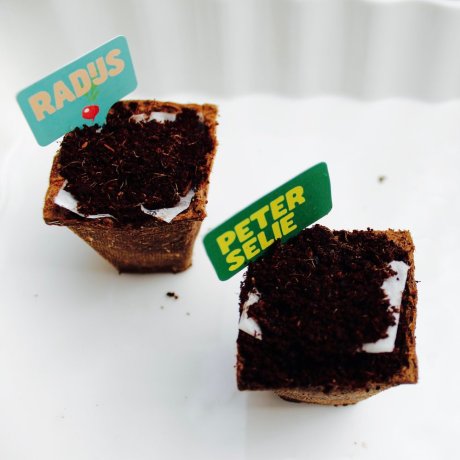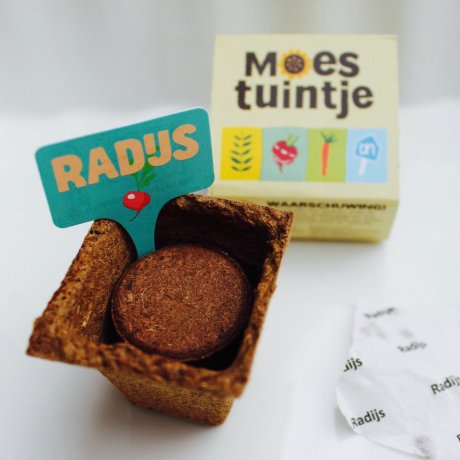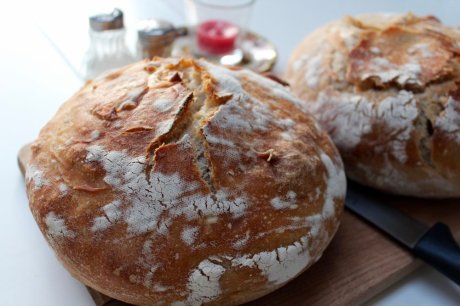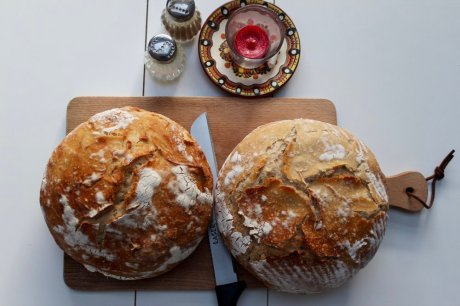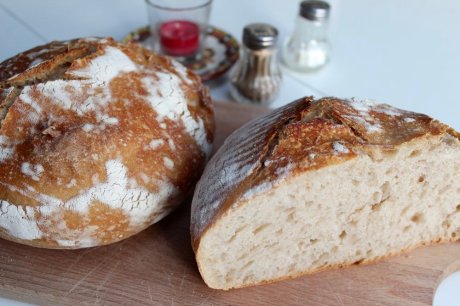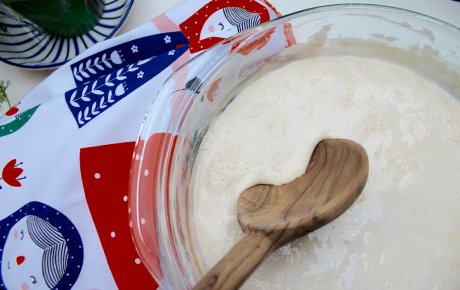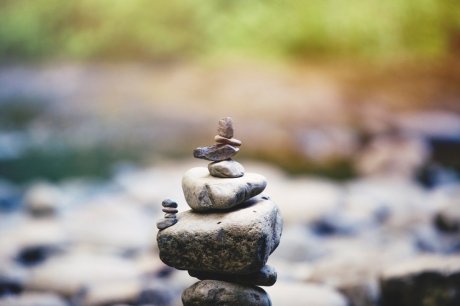This week Jacob said goodbye his grandfather. His parents undertook to fly him back to the US, where he was able to offer a few words at the funeral service.
The burial will take place next week.
I knew Jacob’s grandfather for only six short years, a blip of time in a life of ninety-five years. To me, he will always be the quiet, smiling presence in the corner, beaming over his family and rarely saying a word. I know this was only one of the many iterations of John Quick. It was one of the several lives he lived over a century. But it was the quietness of him, in this late stage of life, that left an impression on me. It was a quietness that shaped my husband deeply, in his twinned soul. It was a quietness that spoke of gentleness and wisdom and humility. It spoke more loudly than words.
This is one grief in burying a loved one: the silence. Even the quietest of the people among us are full of deafening presence. Death brings a sharp, penetrating silence. While quietness is a comfort, silence is finality and frailty and fear.
Henri Bremond said that mysticism is the practice of presence and unity with the Divine. It is the hearing of God’s voice. By contrast, Michel de Certeau claimed the exact opposite. He said that the mystics did not experience the presence of God, but rather the absence. It is the absence of the Divine which triggers a desire for presence. Absence and desire. Isn’t this the definition of grief? For the mystic, experiences of darkness, emptiness, and silence are more fundamentally formative than experiences of light or revelation. The mystic is etched by silence.
In grief, we are all etched by silence.
I read a poem yesterday shared by a friend. It came at the right moment.
But the silence in the mind
is when we live best, within
listening distance of the silence
we call God. This is the deep
calling to deep of the psalm-
writer, the bottomless ocean.
We launch the armada of
our thoughts on, never arriving.
It is a presence, then,
whose margins are our margins;
that calls us out over our
own fathoms. What to do
but draw a little nearer to
such ubiquity by remaining still?
But the silence in the mind
by R. S. Thomas
Farewell, Grandaddy. One day, I’ll meet you in the margins and we will exchange this silence for quietness. Rest in the love of Christ and may perpetual light shine upon you.

